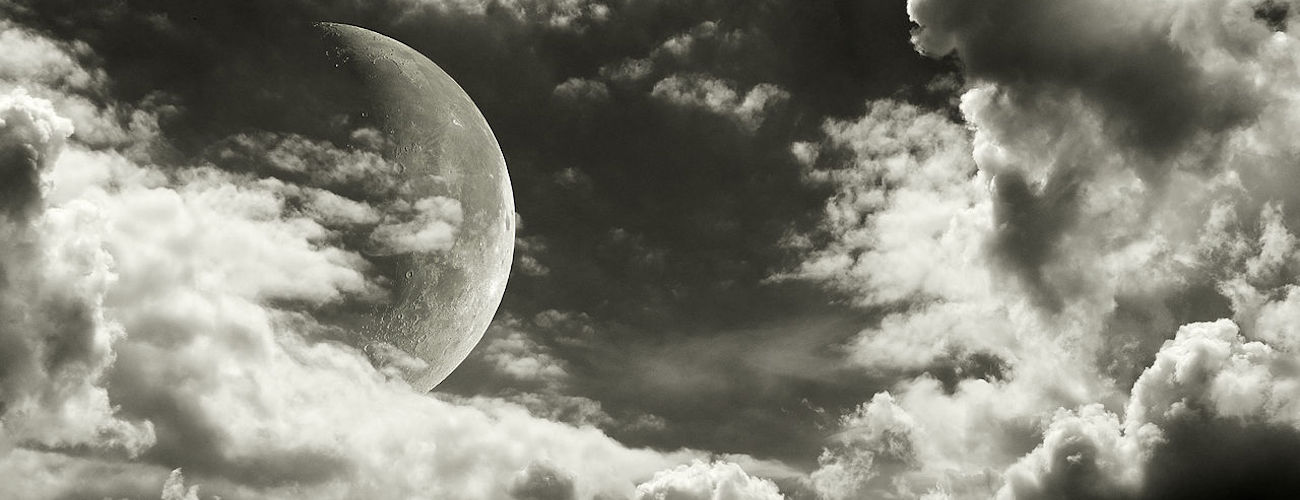Hats off to those busy debunking fake news and digging for true dirt. But for one of the most compelling pieces of journalism on the early days of the Trump presidency, David Frum chose another approach: fiction. His March cover story in The Atlantic, “How to Build an Autocracy,” opens in January 2021, after Donald Trump has just won a second term:
The 45th president has visibly aged over the past four years. He rests heavily on his daughter Ivanka’s arm during his infrequent public appearances. Fortunately for him, he did not need to campaign hard for re-election. His has been a popular presidency…
Of course Frum is hardly the first writer to use a hypothetical future (or past) to make a political point. What’s notable here is the way fiction is employed—at length—in the cover story of a current affairs magazine. Going well beyond just an opening splash of imagination or one-off prediction, the respected political journalist and former presidential speechwriter keeps up the make-believe construct for 14 paragraphs and nearly 900 words, detailing what four years of Trump have brought the world of tomorrow: rising wages and minority voter suppression, Wikileaks targeting Democrats, and Jeff Bezos selling off The Washington Post (to a Slovakian investor group) to resolve a Justice Department antitrust case against Amazon.
Inventing an ominous future functions as a narrative device in the service of in-depth journalistic analysis, as Frum first lays the fictional groundwork for a rollback of democratic freedoms before circling the article back to the present to explain what’s at stake for the next four years. For real.
Amid all the never-could-have-predicted events and a reality TV star dictating public discourse, other serious journalism outfits also have been crossing into the realm of making stuff up. On election day in November, Quartz published a faux “curtain raiser” news story to describe what could happen when both Trump and Putin show up at the 2018 G8 summit in Vancouver. The Economist now has an annual The World If issue, which takes on a variety of topics by either rewriting the past or projecting into the future. Paris-based Libération newspaper has tried to imagine what France would look like following the election in May of Socialist Party candidate (a prospect which now appears more and more like fantasy fiction).
For my part, as editor of the global news site Worldcrunch, fiction arrived last month the way lots of story ideas take shape. Our daily editorial meeting was dominated by the drama unfolding in the French election campaign, and the increasing chances that far-right candidate Marine Le Pen could win: “And imagine,” quipped Marc Alves, our French politics expert, “when she actually meets Trump.” Oui! Assigned! The would-be May 20, 2017 presidential rendezvous at a fort on the Mediterranean coast came with colorful family members on both sides and ominous threats against common adversaries around the world—all the makings of a good yarn, with some real geopolitics to chew on.
We have since decided to turn it into a regular thing, taking on regime change in Iran, Mark Zuckerberg playing ball with Chinese censors, and most recently, imagining the exclusive inside story of a Trump divorce.
We have found the format liberating: Unlike the Economist and Atlantic, we don’t break down the fourth wall, never coming back to the present in our pieces. The format allows us to explore often-unfamiliar topics in absorbing prose.
But the use of fiction necessarily poses big questions for anyone in the business of doing journalism. Does imagining future scenarios ultimately distract readers (and writers) from the real issues at hand? Will the imagined truth provoke deeper thinking, or be just another way to escape?
The American author Thomas Mallon, who has written several political novels focused on contemporary historical figures, says the approach offers “a sort of speculative intimacy” that can bring the reader closer to real events. “But I try never to make too many claims for the genre,” he tells me by email. “I think readers should be wary: historical fiction is always fiction, never history.”
Still, during the maelstrom of last year’s ugly and often surreal campaign, a rare moment of clarity came from Mallon’s piece in The New Yorker, where he described how the presidential race could function as a novel. He had no doubt that the lead character would be Hillary Clinton, not Trump, for the depth of her inner struggles and many Shakespearean/Nixonian features.
The Republican, Mallon wrote, is “flat,” consistently shocking and never surprising, and thus offering little as a literary character.
In a very different way, journalism must also manage the tensions between shock and surprise. From 9-11 and the financial crisis to the victories of Brexit and Trump, the news business was there to record it all. But in each case, as some have pointed out, our industry may have suffered from a “failure of imagination.” While experimenting with fiction in the news pages will not lead us to the truth, it may help to start questioning the lies we can’t stop telling ourselves.
Jeff Israely a former Time correspondent in Rome and Paris, is the editor and co-founder of Worldcrunch. Follow him on Twitter @jeffisraely or check out his website.

